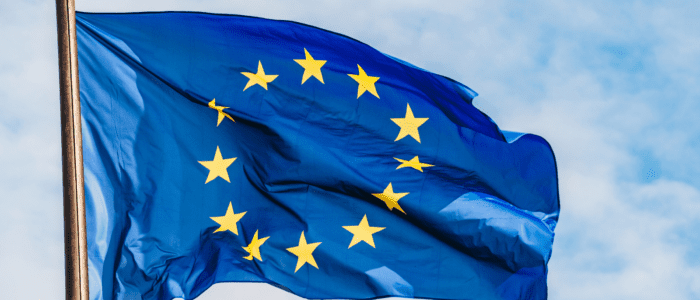Published
The L’Oréal Principle: How the EU Leverages Its Single Market for Its Trade Policy Objectives
By: Oscar Guinea Vanika Sharma
Subjects: EU Single Market European Union

Products of the skincare company L’Oréal have been marketed over the years using the self-reassuring tag line “because you’re worth it”. The EU has recently launched a new line of trade policy instruments, that seems to imbibe the lesson of the same tag line. These instruments offer protection against coercive trade practices by non-EU countries, while ensuring a level playing field for the EU. But more than that, these instruments reinforce the idea that the EU ‘is worth it’ by leveraging the importance of the EU single market in global trade.
The impact of these new trade defensive regulations is similar to the impact of the existing EU regulatory environment, but more direct and aggressive. These trade defensive regulations give rise to the Brussels effect on steroids, and we call it the L’Oréal principle.
The term Brussels Effect was coined by Anu Bradford in her book of the same name to explain how the EU managed to export its regulation worldwide. Large businesses would willingly follow EU regulation to be able to sell their products to the EU. At the same time, these companies would lobby their governments to adopt EU regulation to avoid being at a disadvantage in their domestic markets compared to domestic companies not exporting to the EU. EU regulatory power was exercised indirectly, and EU regulations were inserted into foreign jurisprudence without EU’s interference – a by-product of EU higher standards, market size, and openness to foreign companies.
This time is different. In pursuit of a level playing field, EU member states want foreign companies to follow not just EU’s product regulations but also EU’s production methods. This is the case in the Carbon Border Adjustment Mechanism (CBAM), the Due Diligence for Corporate Sustainability regulation, or the idea that foreign farmers should not use pesticides that are forbidden in the EU to produce goods exported to the EU.
There is a certain agency afforded to foreign governments in the Brussels Effect that is absent in the L’Oréal Principle. The new EU trade policy measures will regulate foreign companies unilaterally and bypass the regulatory authority of foreign governments. For example, the Foreign Subsidy Instrument will stop foreign companies receiving subsidies from participating in the EU single market. Similarly, the Due Diligence for Corporate Sustainability requires companies selling their goods to the EU to undertake due diligence in their business practices throughout their supply chains.
But how does the EU plan to bypass foreign governments for control over non-EU companies? The new EU trade policy puts the EU single market at the centre of its strategy. If foreign companies choose not to follow EU regulation, then their access to the EU single market will be cut off. Reinforcing the ‘you’re worth it’ psyche, the EU single market is being weaponized to get the EU its competitive edge.
However, betting on the size of your internal market carries certain risks. The EU single market will be worth it until it isn’t. How long can the EU continue to be a market for which companies will change their production methods to be able to sell their products to a large number of relatively wealthier consumer? Leveraging the global importance of the EU single market is not a sustainable strategy. Already, forecasts show that 85% of global economic growth will come from outside the EU by 2024 and the EU share of world GDP could fall from 16% to 11% by 2060. Eventually the Brussels effect will be overtaken by the Beijing Effect, the Delhi Effect, or the Abuja Effect. The CBAM is a good example of the perils of betting everything on size. Designed with the goal to lower CO2 emissions in certain industries, it works as long as the biggest global producers have the EU as their main market. Unfortunately, this is not the case for products such as cement, fertilisers, or iron and steel.
The good news is that size isn’t everything. There are several other factors too, that can make the EU single market worth it. Many companies are willing to go the extra mile to get into a competitive market so they can prove their ability to compete at the highest level and push forward their learning and innovation frontier. A thriving internal market, where competition and innovation are at the centre can also be an appealing feature if the EU wants to use its internal market to tackle climate change and human right abuses.
The new trade defensive instruments are Europe’s response to a world of geopolitical frictions and a declining relevance of global norms and institutions. These instruments have the capacity to radically change the way in which the EU trades and relates with the rest of the world. EU’s newfound self-esteem is reflected in how these policies harness the power of the EU internal market and unilaterally affect change in foreign companies. The EU may be able to get away with the L’Oréal Principle, but only as long as it remains worth it.